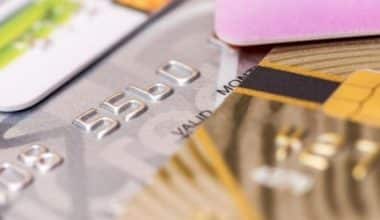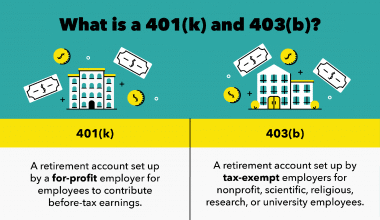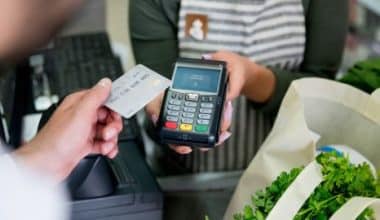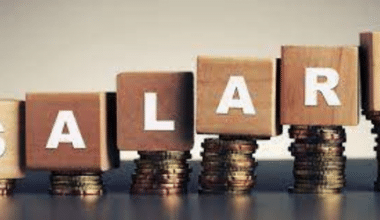You don’t understand the value of a dollar account in Nigeria until you need to make international payments or receive foreign cash. It not only simplifies global transactions but also protects you against the variable naira exchange rate. With inflation and economic uncertainty, owning foreign currency provides financial stability.
I originally started my dollar account to collect freelancing money, but I immediately realized how much flexibility it allowed. A dollar account provides a financial benefit whether importing goods, dealing with international clientele, or saving in foreign money.
In this article, I’ll explain how to open a dollar account in Nigeria, including its perks and unique insights.
Why You May Need a Dollar Account
Let’s discuss why opening a dollar account makes sense. If you’ve ever struggled to receive payments from international clients or had trouble converting naira to dollars for commercial needs, a dollar account is the finest option. It enables you to receive, hold, and transfer dollars without fear of losing value owing to currency rates. Many Nigerians in numerous industries, including freelancers, business owners, and students, require dollar accounts to conduct overseas transactions effectively.
For example, professionals who engage with overseas clients frequently find that dollar accounts simplify payments and make it easier to manage multiple currencies. Dollar accounts also assist entrepreneurs who import goods or services since they allow them to pay overseas vendors directly without having to wait for naira conversions.
How to Open a Dollar Account in Nigeria
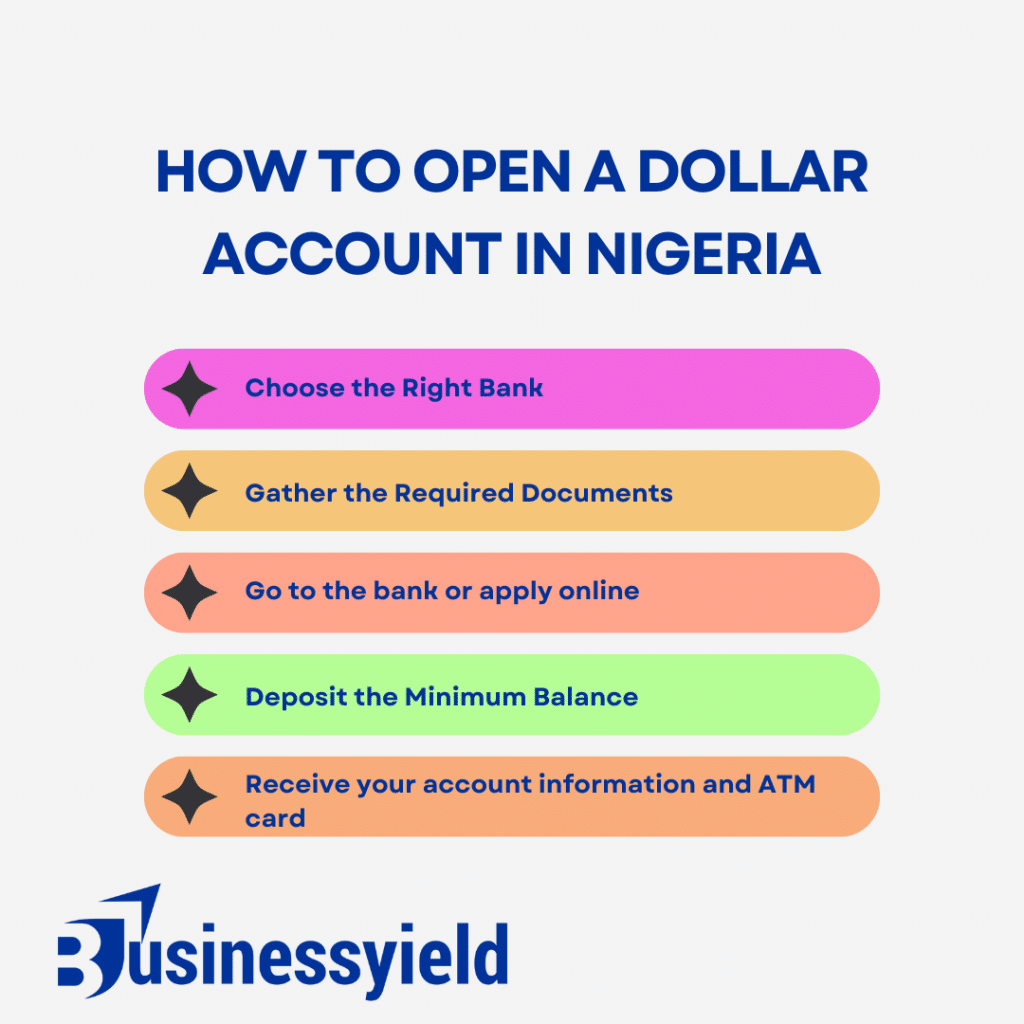
Opening a dollar account in Nigeria is a great way to manage foreign currency transactions, especially if you receive overseas payments or plan to travel. While the process is very straightforward, having the necessary documentation and understanding the bank’s rules can help make the encounter go more smoothly. Here’s a step-by-step instructions:
Step #1. Choose the Right Bank
Before you rush to start a dollar account, be sure you choose the correct bank. While most major banks in Nigeria provide domiciliary accounts, the terms might differ greatly, particularly in terms of fees, minimum balances, and currency rates. Some banks may provide multi-currency accounts, allowing you to keep dollars, euros, and pounds in the same account, whilst others only accept US dollars.
- GTBank is well-known for its minimal maintenance costs and simplicity of doing foreign transactions.
- Zenith Bank provides outstanding customer service and uncomplicated account-establishing procedures.
- Access Bank is known for its fast processing and dependable online platforms.
- First Bank stands out due to its extensive branch network, which facilitates in-person financial transactions.
Before making a decision, evaluate the minimum opening balances, transaction fees, and customer service options.
Step #2. Gather the Required Documents.
To open a dollar account, you must provide specified documents that authenticate your identity and residence. Here’s everything you’ll need to prepare:
- A valid form of identification: This could include your international passport, national ID card, driver’s license, or any other government-issued ID.
- Proof of address: To show your current address, you must provide a recent utility bill (such as a PHCN bill, water bill, or waste disposal bill) that is no older than three months.
- Passport-sized photographs: Most banks require two recent passport-sized photos to accompany your application.
- Filled account opening form: This form will collect all of your personal and banking information. Some banks allow you to fill out this form online, while others need you to visit a location.
- Bank Verification Number (BVN): Your BVN, which is connected to your biometric information, is required for all financial transactions in Nigeria.
- Minimum opening balance: Depending on the bank, you will need to make an initial deposit of $100 to $500 to open the account. It’s a good idea to check with your bank first, as these sums can fluctuate.
Some banks may also want references from existing account holders or additional forms, depending on whether the account is for personal or business purposes.
Step #3. Go to the bank or apply online
It’s no longer necessary to wait in line at a bank to open a dollar account. Today, many banks in Nigeria allow you to begin the process online. This makes things easier, especially for those with hectic schedules.
- In-person application: Simply stroll into any bank branch with your documentation. The account officer will walk you through the procedure, check your documents, complete the form, and explain the minimal deposit.
- Online application: GTBank and Zenith Bank provide the possibility to apply online. You only need to complete the forms on their websites, upload your documents, and wait for confirmation. Once authorized, you may need to visit the bank to complete some steps, such as providing physical papers or picking up your ATM card.
Most banks take 2 to 5 business days to assess and approve applications, so be patient until your account becomes operational.
Step #4. Deposit the Minimum Balance
Deposit the minimum balance required by your bank to properly activate your dollar account. Typically, this falls between $100 and $500. It’s vital to remember that this initial deposit may have to be in foreign currency (USD, EUR, or GBP), which can normally be transmitted via wire or placed at a bank.
Once deposited, your account becomes operational and you can begin making transactions.
Step #5. Receive your account information and ATM card
Once your account is open and active, your bank will send you account information and, if requested, a dollar-denominated ATM card. This ATM card is essential for international transactions because it enables you to withdraw money from ATMs abroad and make purchases without Naira restrictions.
It’s also worth mentioning that certain banks may issue multi-currency debit cards, which allow you to manage many foreign currencies with a single card.
What You Should Know About Fees.
Before using a dollar account regularly, you should be aware of the following fees:
- Monthly maintenance fees: These might range from $1 and $5 each month, depending on the bank.
- ATM withdrawal fees: The price of withdrawing foreign currency from international ATMs normally ranges between $3 and $5 per transaction.
- Transfer fees: Sending foreign currency through your dollar account may result in fees that vary by bank and destination. International wire transfers, for example, can cost $10 to $50.
To avoid future surprises, make sure you understand your bank’s cost structure.
Following these steps will quickly get your dollar account up and running, allowing you to conveniently manage international transactions, save in foreign currencies, and protect yourself against Naira fluctuations.
How Can a Dollar Account Help With International Payments?
If you run an overseas business, having a dollar account might be extremely beneficial. No more shifting exchange rates reducing your revenues. You can accept and keep payments in dollars without changing them to naira right away, allowing you time to convert at a better rate. This is especially important for Nigerian importers and exporters that do regular international trade.
Many professionals and organizations are using dollar accounts to protect their earnings and enable easy transactions when working with an international clientele. If you’re a freelancer or a business owner who works with clients from other countries, you may develop an invoice or payment request template that is specifically built for international transactions. This template might help to streamline the payment process and decrease delays.
Can I Use Internet Banking to Operate a Dollar Account?
Yes, most Nigerian banks let you manage your dollar account using their online and mobile banking services. These services allow you to check your balance, transfer money, and even request dollar-denominated checks, making it easier to manage your finances while on the go.
Can monies be transferred between my Naira and Dollar accounts?
Yes, most banks allow you to transfer funds from your Naira account to your Dollar account; however, the monies will be changed at the bank’s exchange rate at the time of transfer. Keep in mind that rates may change, and additional fees may apply.
Can I withdraw dollars from my dollar account in Nigeria?
Yes, you can withdraw money from your dollar account. However, not all bank branches accept foreign currency, so you may need to visit a specific location to withdraw dollars. Always verify with your bank first.
What kind of transactions may I conduct with a dollar account?
A dollar account enables you to receive and send foreign cash, make international transactions, and withdraw dollars. You can also use it to handle foreign payments for imports, services, and freelance work.
Is there a restriction on how much I may deposit or remove from my dollar account?
Deposits normally have no upper limitations, but withdrawals may be limited based on your bank. Large cash withdrawals in USD may require prior notice to the bank.
Can I link my dollar account with a PayPal account?
Yes, you can link your dollar account to your PayPal account, which will allow you to withdraw funds from PayPal directly into your dollar account. This is especially handy for freelancers and online company owners who accept payments through PayPal.
Do I need a second debit card for my dollar account?
Yes, your bank usually provides a separate debit card for your dollar account. This card allows for international purchases and ATM withdrawals in foreign currency, avoiding the limits of a Naira-denominated card.
Can I utilize my dollar account to make overseas investments?
Yes, you can utilize your dollar account to invest in international stocks, bonds, and other financial assets. It is especially useful for individuals who want to diversify their investment portfolio in overseas markets.
Are there any tax ramifications for having a dollar account?
Dollar accounts are subject to the same tax requirements as Naira accounts in Nigeria. While there is no explicit tax on storing foreign currency, Nigerian tax regulations may tax any earnings or interest.
Is my money safe in a dollar account?
Because reputable institutions that adhere to the standards of the Central Bank of Nigeria handle dollar accounts, they are typically safe. However, it is best to pick a reputable and well-established bank with a strong reputation for secure banking.
Can I receive foreign wire transfers directly to my dollar account?
Yes, your dollar account can accept international wire transfers. You must supply the sender with your bank’s SWIFT code, dollar account number, and other necessary information.
Are there any interest-bearing dollar accounts in Nigeria?
Some Nigerian banks provide interest-bearing dollar accounts, which allow you to earn a modest percentage of the balance retained. However, interest rates on foreign currency accounts are often lower than those on Naira accounts.
Can I use my dollar account to make online purchases?
Yes, you may use your dollar account debit card to make online purchases in foreign currencies without worrying about exchange rate swings, which makes it great for frequent online shoppers and company owners.
Key Takeaways
- A dollar account allows you to transact globally without worrying about the naira’s devaluation.
- Opening a dollar account in Nigeria is pretty simple, provided you have the appropriate documentation.
- Because different banks offer different terms, it is critical to conduct research to choose the best bank for your requirements.
- Be aware of transaction costs, ATM withdrawal fees, and monthly maintenance charges.
- You can open and maintain your dollar account easily online.
Conclusion
Opening a dollar account in Nigeria allows you to conduct simpler international transactions without the hassle of shifting currency rates. A dollar account can provide you with the financial flexibility you require, whether you’re a freelancer, business owner, or looking to diversify your funds.
So, are you ready to open a dollar account and gain control over your overseas finances?
- Top 17 Businesses to Start with Less Than 1000 Naira in Nigeria
- Places You Can Get Remote Tech Jobs and Earn in Dollars as a Nigerian: A Complete Guide
- Top Free Online Business That Pays Daily in Dollars In 2024
- 7 Cheapest Virtual Cards In Nigeria: Comprehensive Guide
- 10 Lucrative Side Hustles Ideas for Teachers That Won’t Burn You Out
